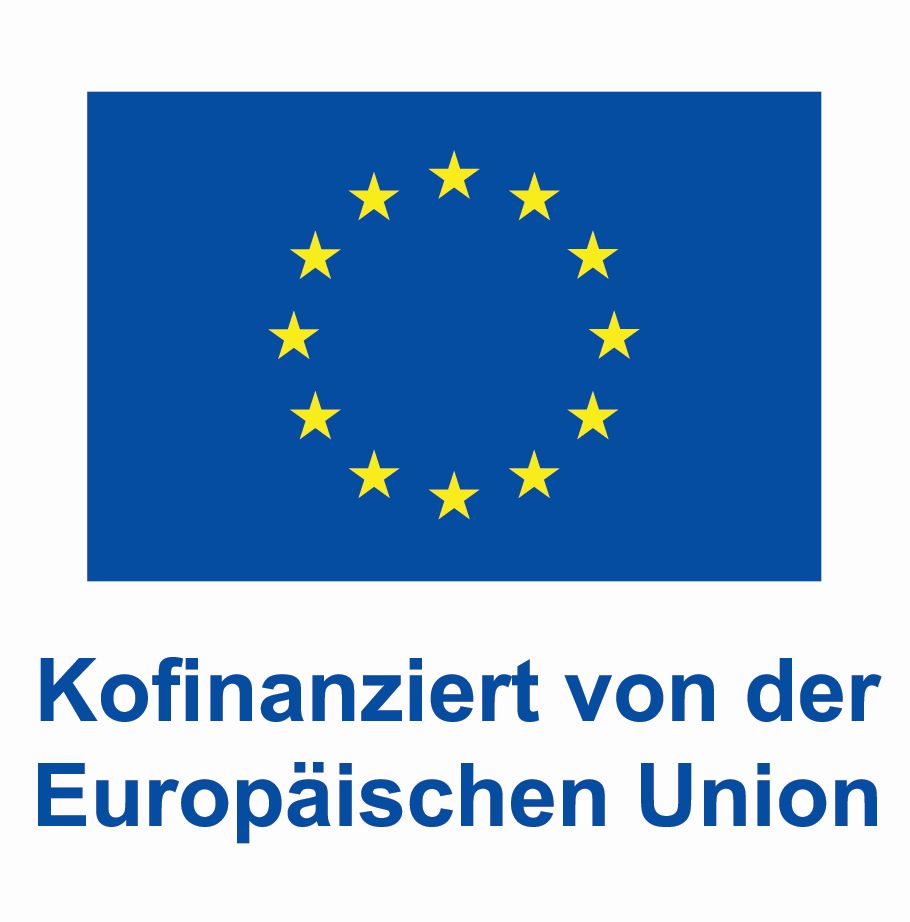Projekte

EU-/Internationale Projekte
Auf der internationalen Ebene beteiligen wir uns aktiv als Koordinator oder Partner an Europäischen Projekten im Rahmen verschiedener EU-Förderprogramme.
In diesen Vorhaben geht es wesentlich um die Entwicklung und Erprobung innovativer Produkte, aber auch um den grenzüberschreitenden Erfahrungsaustausch und Know-How-Transfer sowie die Vernetzung von Aktivitäten und Institutionen. Das breite Themenspektrum umfasst die Bereiche Bildung, Beschäftigung, Soziales, Gesundheit, Kultur, Integration, Regionalentwicklung, Justiz, Forschung & Entwicklung sowie Umwelt & Energie.
-
EU-/Internationale Projekte
Strengthening youth entrepreneurship and innovation capital for the circular economy
The SYnC project seeks to empower young people and youth workers by providing them with a non-formal educational framework that will unleash their creativity and will help them build innovative business ideas that are tailored to the circular economy.
-
EU-/Internationale Projekte
EVERGREEN - Empowering VET Institutions towards Greener Initiatives
In the face of the current climate crisis, tomorrow’s jobs require skills that meet the demands of the green and digital transformation. Investments in greening VET are considered a cornerstone of the process as they can have positive impacts on several levels: They improve the employability of workers and the productivity of enterprises as they reflect current and future labour market needs; they support sustainable lifestyles and increase awareness and motivation to develop a green culture;
-
EU-/Internationale Projekte
SAFE - Seniors' Anti-Fake Education
Many people find it difficult to distinguish factual from false information from the internet and from social media. They have difficulty finding valid sources and often consume information without critically examining it. While people of all ages fall victim to fake news, recent studies show that older people are more susceptible to fake news and digital misinformation than young people.
-
EU-/Internationale Projekte
Critical Balance
During 2020 and 2021 Europe has gone through an extremely uncertain time with the spread of the Covid-19 pandemic. This has given rise to a wide array of conspiracy theories related to the pandemic, for example, that the pandemic is a hoax, that the virus was created in a laboratory and that vaccination against Covid-19 is a cover-up for microchipping people.
-
EU-/Internationale Projekte
eDialogue – Using digital tools for dialogue and inclusion in schools
The project responds to the challenges and needs identified in European Societies and specifically in the context of School education. The implementing partners, have grasped the urgency to put forward concrete actions and responses to support and empower teachers and educators to utilise digital tools and resources to elevate their capacity to engage their students and most importantly to address social issues and factors contributing to social inclusion in an interactive manner.
-
EU-/Internationale Projekte
The Post-Pandemic Empowerment Programme
COVID-19 has catalyzed the shift to hybrid and full-time remote working. In PROSPER we believe this transformation is to be welcomed: when effectively managed, remote working brings innumerable benefits to companies and staff including greater autonomy, flexibility and productivity. However, the large-scale move to remote working presents many challenges, in particular new management skills are required to supervise staff virtually.


